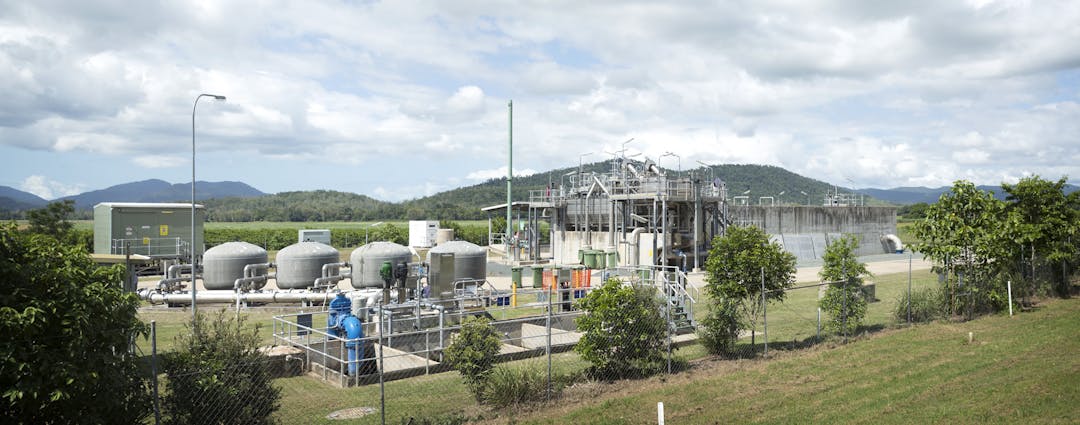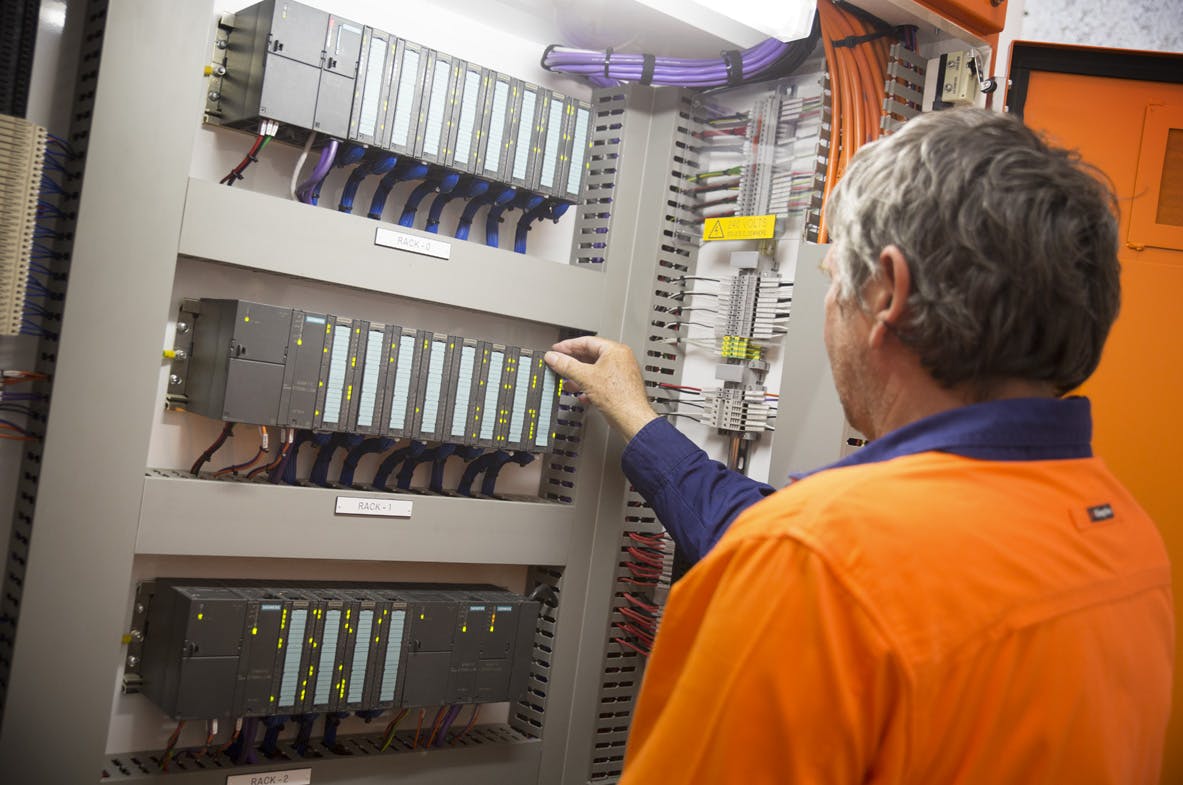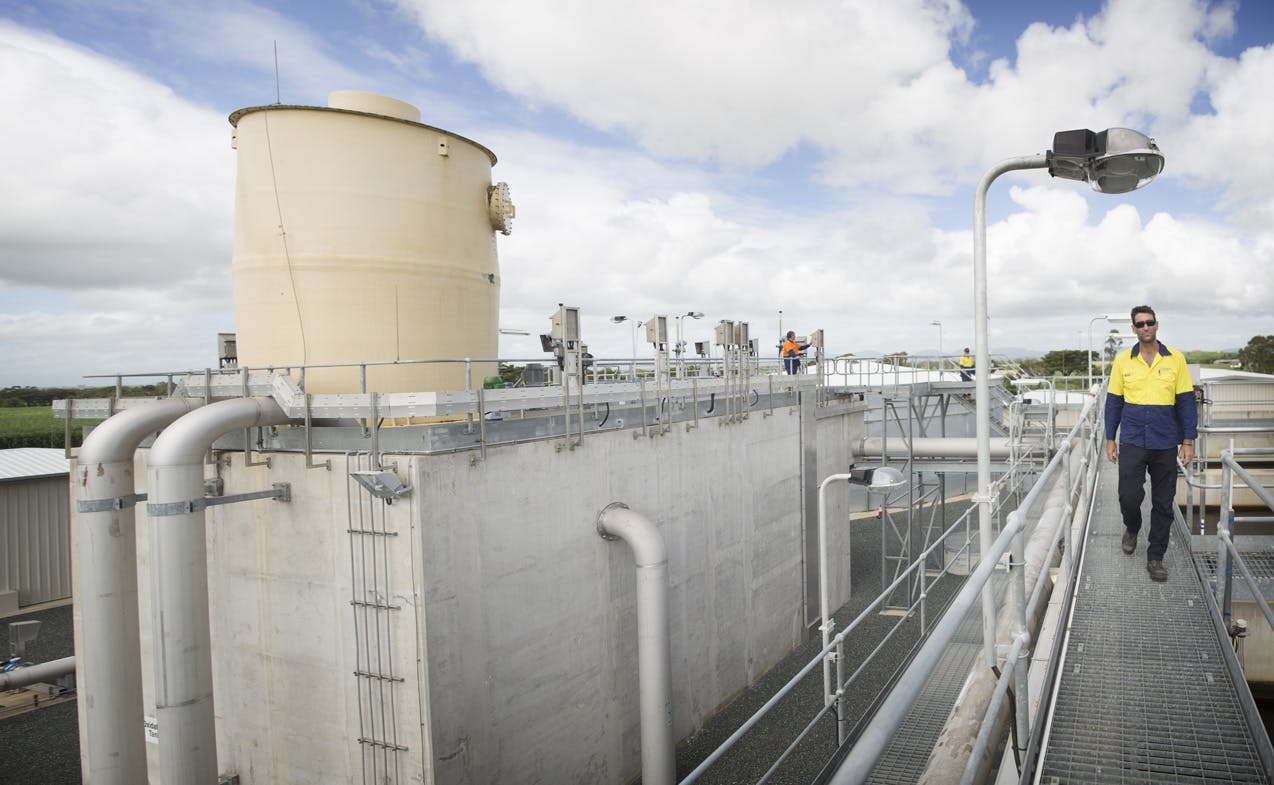Trade Waste - New Management Plan
Consultation has concluded

Whitsunday Regional Council has approved a new Trade Waste Policy and Management Plan, which will be rolled out across the region over the next three years.
The new plan will ensure the region's waste and water treatment plants operate as efficiently and safely as possible for the community, employees, sewerage system and the environment.
For all properties and businesses which require a Trade Waste Approval permit from Council, there will be some important changes to the fees and categories under the new Plan.
The rollout of the new Plan will take place in stages over the next three years, with ongoing information, help and resources provided by Council to all property owners and businesses who operate under a Trade Waste Approval permit.
Public Information Sessions - May 2018
Public Information Sessions were held in Bowen and Cannonvale to present information about the new Policy and Plan, and answer questions from the community:
- Bowen, 21 May | Bowen Community Centre, 5.30pm – 6.30pm
- Cannonvale, 22 May | Mantra Club Croc, 5.30pm – 6.30pm
Key Changes under the New Plan
The property owner (landlord) will now be responsible for the installation and maintenance of pre-treatment devices (for example, grease traps, oil separators, neutralising pits etc), not the tenant.
The annual trade waste approval fees will be billed to the property owner and not the tenant.
Volume charging will also be introduced into the fee structure. The new fees and charges are designed to be fair and equitable, based on a ‘user pays’ system.
Any new businesses applying for a Trade Waste Approval will go straight onto the new system of fees and charges from July 2017 (dependant of fee structure resolved).
Why is Trade Waste management important?
Trade waste will often contain chemicals, hydrocarbons, oils, fats, grease and heavy metals which place an extra load on the sewerage system and require additional treatment.
Trade waste charges are intended to cover the cost to ratepayers of collection, transportation and treatment of trade waste, and the ongoing maintenance of the sewerage system.
As trade waste customers are the biggest users of water besides agriculture in the region, introducing volume charges will help encourage water saving measures and delay the need to upgrade water infrastructure in the region.
Have a question? Please write it here.




